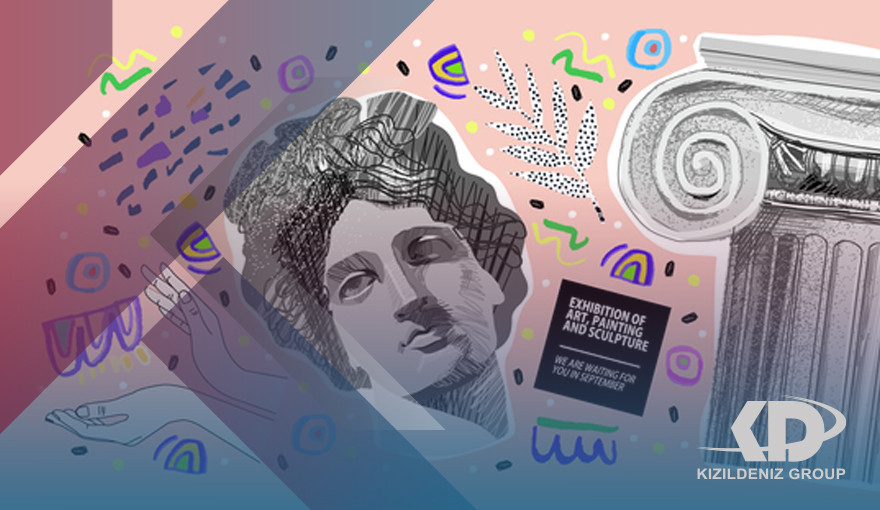What is the specialty of the Department of Culture and Arts:
Arts research and cultural management around organizations cover questions about how to better manage artistic and cultural institutions in a rapidly changing cultural economy.
The provision refers to the questions we ask about cultural policies, at the urban, national and global levels; including their interaction.
Identity guides our participation in controversial issues around representation in the arts, inclusion of diverse audiences, environmental citizenship in the face of climate change, and the challenge of addressing the intersections of racism and sex discrimination in the arts.
Work explores paths to decent work in the arts and culture and barriers to entry and equal pay across sex, age and race.
The academic staff of the Cultural Management and Arts Programme have diverse specialized backgrounds and geographical perspectives, thus enhancing our joint and multidisciplinary research and teaching based on academic and professional foundations.
History of the Department of Culture and Arts:
Art history does not consist of simply listing all artistic movements and putting them in a timeline. It's the study of artistic objects that are considered during their time period. Art historians analyze the meaning of visual arts (painting, sculpture and architecture) at the time of its creation. Also, another task of art history is to determine the compositional origins of works of art, that is, to discover who created a particular work of art, when, when, and for what reason.
Iconography is a key part of art history. It consists of an analysis of the symbolism of works of art. For example, art historians identify the visual elements of the painting and explain its meaning. Art historians are interested in what art represents at the time of its creation. It's a way to learn about the civilizations of the past.
The importance of studying the specialization of the Department of Culture and Art:
Art attracts a lot of people. Some, of course, are those who create or perform the arts themselves. But others are doing the important job of making sure that the business side of the art world is going smoothly.
Here comes the role of art management. Those working in this area manage the day-to-day operations of art galleries, museums, performing arts centres, symphonies and other art-related institutions.
It's a crucial task. Maintaining the commercial side of the arts works well allows artists themselves to keep their focus where it should be: On the art itself.Some schools now offer certificates with a special focus on arts management. For those who want a degree in arts management, the University of Massachusetts offers the only online bachelor's degree in the country that focuses on arts management, and the Bachelor of Arts - arts management.
Subjects for the Department of Culture and Art:
- Non-profit financing
- Fundraising
- Public relations
- Marketing
- Write Grant
- Management of artistic premises
Areas of work of the Department of Culture and Arts:
- Music label manager
- Director of the Museum of Fine Arts
- Director of the Opera Company
- Managing a dance company
- Director, Digital Broadcasting Service
The best universities to study the specialization of the Department of Culture and Arts in Turkey:
- istanbul Aidan university
 FR
FR AR
AR
 Next one
Next one